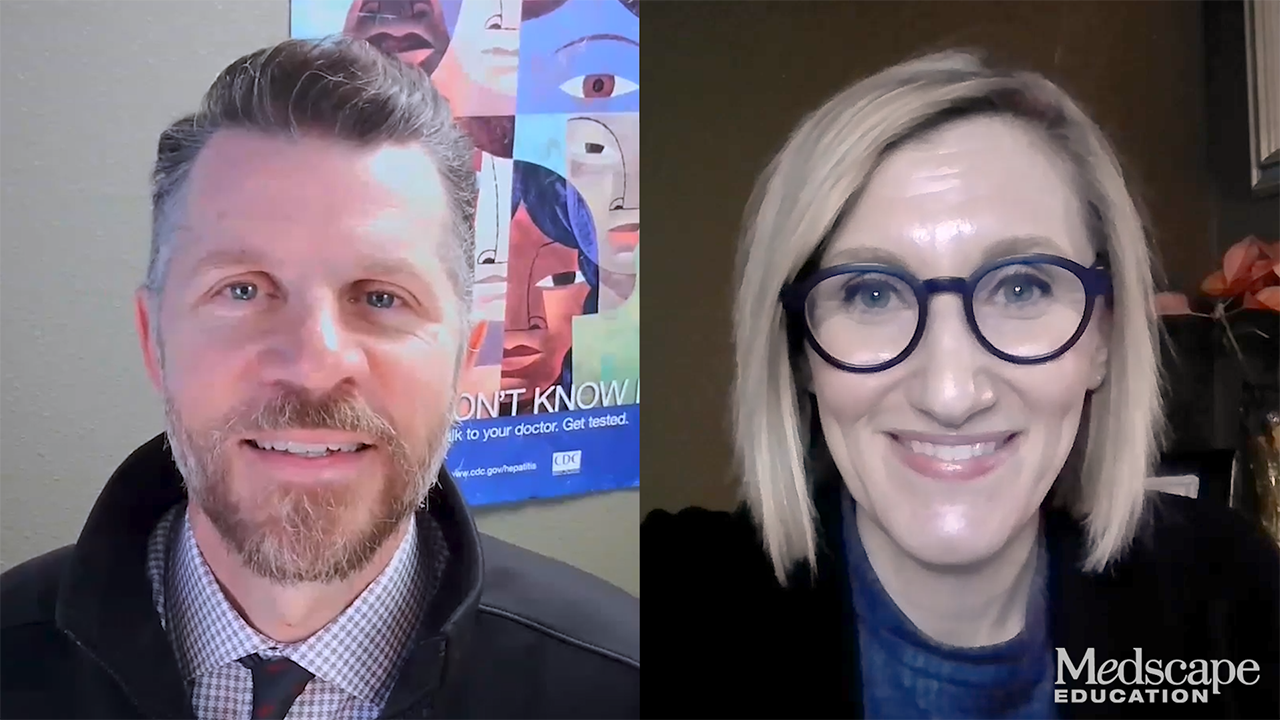Conclusion & Future Perspective
Recently, tremendous progress has been made in discovering the cellular and molecular mechanisms underlying the wound healing process. An efficient and complete process of wound healing is critical for the general wellbeing of any patient. Traditional clinical treatments of wounds/ulcers are still relevant, but more overlap between novel highly technological approaches, incorporating knowledge on cellular and subcellular events occurring during the normal healing process, could markedly improve future therapeutic interventions.
Nanotechnology offers great opportunity in improving wound healing treatments. The nanometer scale opens the way for the development of novel materials for use in highly advanced medical technology. Future developments indeed depend on the identification of clinically relevant targets and on raising targeting efficiency of the multifunctional nanocarriers. As researchers develop the ever-expanding body of nanoparticles for use as drug- or gene-delivery vehicles, there is a growing need to understand how a given nanoparticle's physical and chemical properties affect biological activity and toxicity. Despite the many advantages given by their size (i.e., they can easily pass through the skin barrier), some unpredictable events could occur as well. For example, nanoparticles may interfere with some functions of proteins on the surface of cells, or be taken up into cells and bind to intracellular molecules.
Furthermore, as of today, there is no specific European, American or international standard on the toxicology and biocompatibility of nanoparticles. Thus, while these products are already in use, further research on these medical devices and development of standards on biocompatibility must be extended to the applied science of nanotechnology.
Financial & competing interests disclosure
The authors have no relevant affiliations or financial involvement with any organization or entity with a financial interest in or financial conflict with the subject matter or materials discussed in the manuscript. This includes employment, consultancies, honoraria, stock ownership or options, expert testimony, grants or patents received or pending, or royalties.
No writing assistance was utilized in the production of this manuscript.
Nanomedicine. 2010;5(4):641-656. © 2010 Future Medicine Ltd.
Cite this: Nanoscale Particle Therapies for Wounds and Ulcers - Medscape - Jun 01, 2010.









Comments